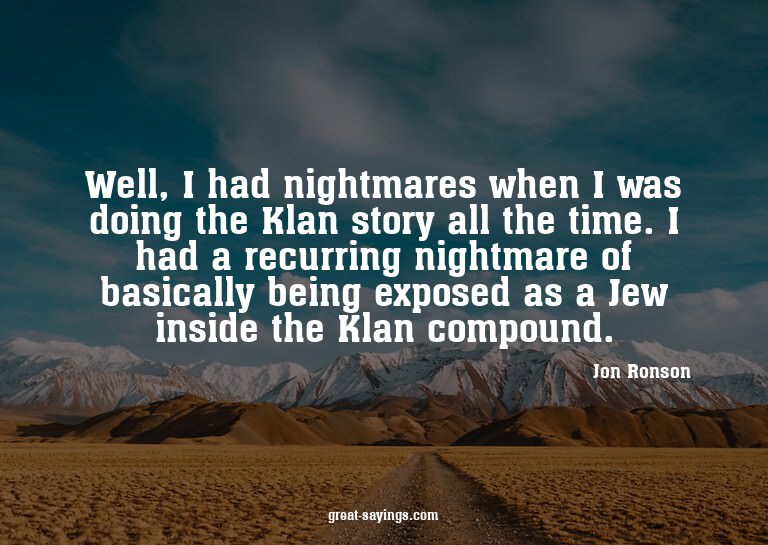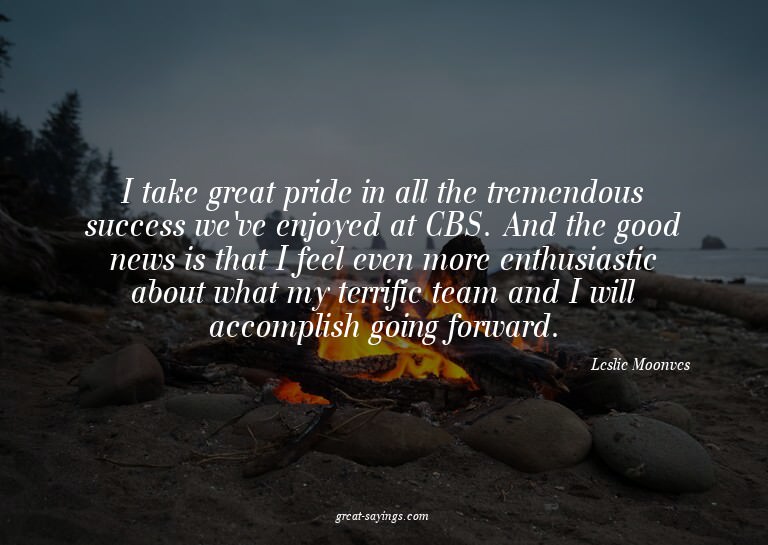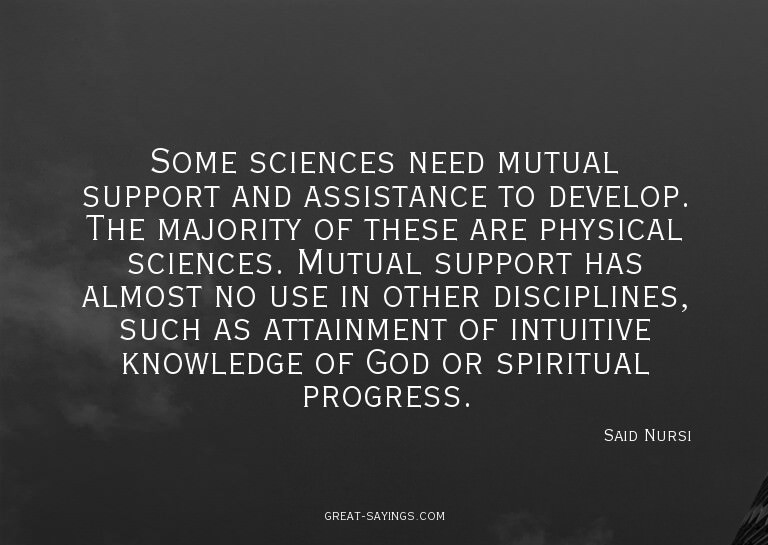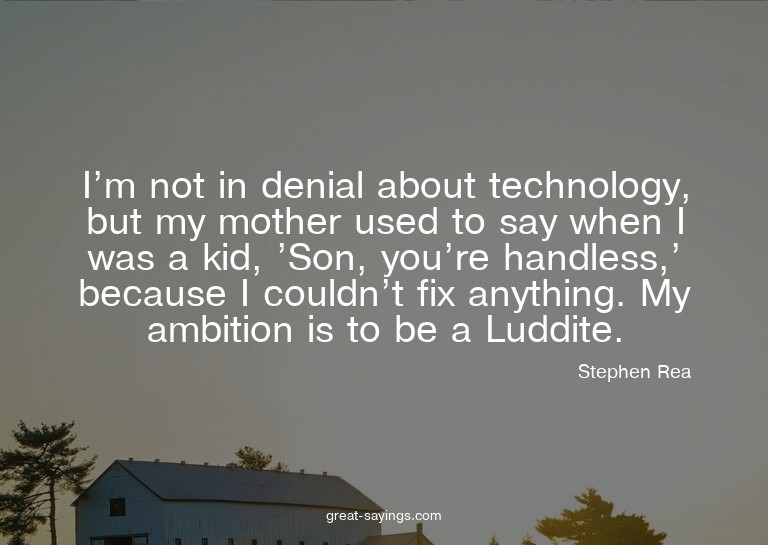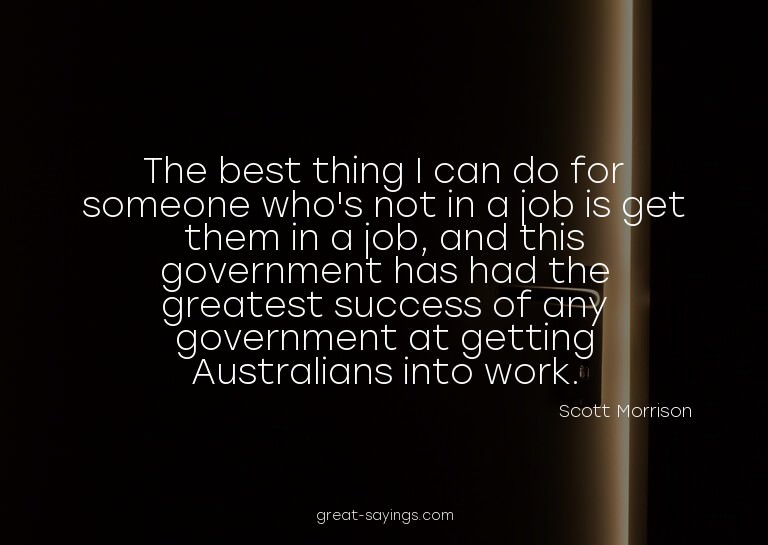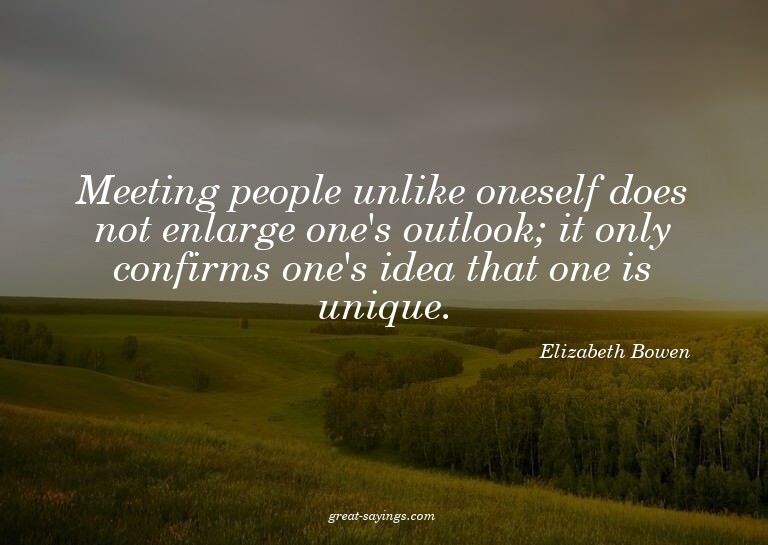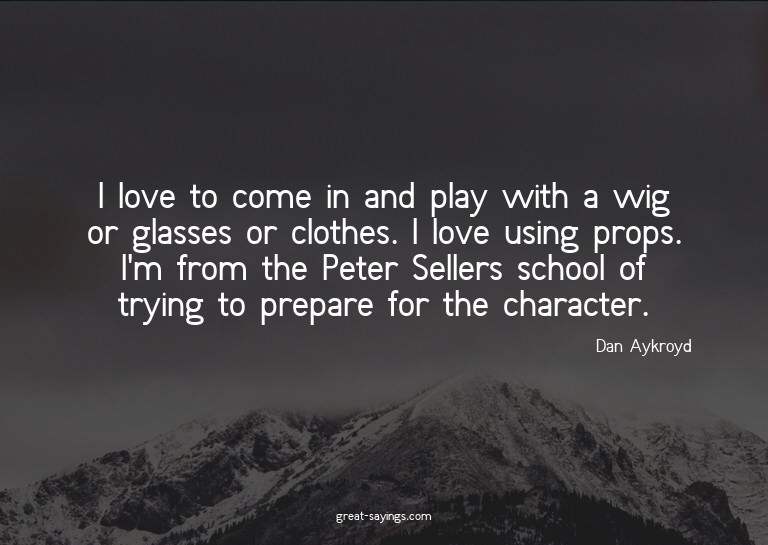Words matter. These are the best Susie Dent Quotes, and they’re great for sharing with your friends.

Above all, Jane Goodall continues to teach us that, as humans, we are no more entitled to our glorious planet than the chimps she so lovingly protects.
I’m a big believer in change and embrace the fact that English is probably the fastest-moving language in the world.
The term ‘psychological thriller’ is an elastic one these days, tagged liberally on to any story of suspense that explores motivations while keeping blood and chainsaws to a minimum.
According to my parents, I’ve always liked to tune into the conversations of others. But rather than hope for a snippet of salacious gossip, it has always been the words themselves that I wanted to understand.
When eyeliner was introduced in the Twenties by Max Factor, a pioneer of Hollywood film cosmetics who began selling to the public, even the word ‘makeup’ was a revelation.
As dialect began to be collected in the late 19th century, such words as Yorkshire’s ‘gobslotch’ emerged, revealing the burgeoning association between gluttony and stupidity.
Footballers, managers, pundits and fans make up possibly the biggest tribe of them all, especially in this country. Whatever is said by pundits is echoed across sofas and in pubs all over the nation.
New words can spread like wildfire thanks to social media – you only have to look at ‘mansplaining’ and ‘milkshake duck’ to see language evolution at work – so why not old ones too?
The word ‘eavesdropper’ originally referred to people who, under the pretence of taking in some fresh air, would stand under the ‘eavesdrip’ of their house – from which the collected raindrops would fall – in the hopes of catching any juicy tid-bits of information that might come their way from their neighbour’s property.
Quite often people ask me ‘Is there a word for… ‘ and go on to highlight a gap in our language that we need to fill.
Bizarrely, our English word ‘sturdy’ may go back to the Latin turdus, thrush. Anyone described as ‘sturdy’ in the 1200s was wilfully reckless and possibly as immovable as a sozzled bird.
One of the joys of language is its constant evolution, and a lexicographer’s job is both to track new words and to reassess those from the past.
Political boundaries in their most physical terms can make or break an election. The manipulation of electoral districts can make them either ‘blue-hot’ or ‘red-hot’ depending on the level of intensity felt in either camp to such shifting ground.
The best time to catch tribal jargon is when it’s not looking.
I’ve been obsessed with words since I was a little girl, and I am fortunate that each week as resident word expert on ‘Countdown’ I am ideally placed to quiz my guests in dictionary corner about the words and phrases they use.
In all my years in ‘Countdown’s’ Dictionary Corner, the subject most guaranteed to rankle with our viewers is the presence of Americanisms in the dictionary.
I don’t intentionally eavesdrop. I’m not looking for salacious gossip, I’m just looking for vocabulary items.
I’m a work in progress. I’ve started doing spin classes, which always clears my head.
From the start, English has happily absorbed words from every tongue it’s encountered.
Claggy is often seen as a negative word, yet for me it describes perfectly that full-mouthed feel of a treacle tart of banoffee pie.
One of the things I noticed is that if you look up the word ambition you will see that when it’s applied to women, it’s almost always negative. If a woman is ambitious she’s cutthroat, she’s seen as more unpleasant. Whereas when its attached to a man it’s far less negative.
Slang has different functions: many of the words we use are playful and a lot are tribal – we speak the same way as the groups we are part of. A great deal are also euphemistic, so it’s no surprise that a third of us are perplexed by their meanings and origins.
Slang has always moved this way. From Cockney rhyming slang to codes swapped among highwaymen, they’re tribal badges of identity, bonding mechanisms designed to distinguish the initiated, and to keep strangers out.
Every sport, every profession, every group united by a single passion draws on a lexicon that is uniquely theirs, and theirs for a reason.
Britain’s fascination with its changing language is renowned.
Can I get a mochaccino?’: a statement that, for many, is worse than any number of nails down a blackboard. Not on account of the coffee – most of us drink Ventis aplenty these days – rather it’s the ‘can I get?’ – three words that regularly top the list of British bugbears.
Unlike our neighbours on the mainland of Europe, we have resisted creating an academy to legislate over proper English. We each have our linguistic bugbear, but few of us would want to freeze our mother tongue.
Almost half the adult population finds discussing the subject of money difficult. Slang words help us to navigate these conversations by making us feel more comfortable and confident.
I can do some of the number puzzles.
For the Anglo-Saxons, food determined a person’s position in society.
In the 1900s, bleaching lotions and skin-lighteners were a female imperative no matter what her colour, often carrying suggestive names like ‘Fair-Plex Ointment’ and ‘Black-No-More.’ The tiniest touch of rouge was allowed, but only if applied with great subtlety.
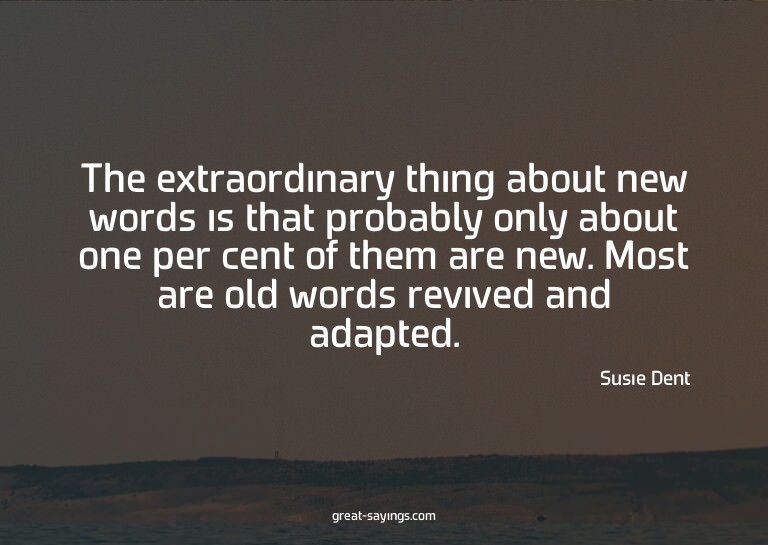
The extraordinary thing about new words is that probably only about one per cent of them are new. Most are old words revived and adapted.
In the middle of the 20th century, aspirations to sound ‘proper’ were passionately pursued. Dictionaries as late as the Seventies include many pronunciations that could cut the proverbial glass.
I’ve been collecting linguistic oddities for years and years, ever since I was small. I’ve got loads of notebooks where I’ve jotted down things I couldn’t make sense of.
I love both garlic and onions, and this word pithily captures the rich tastes of both.
Slang moves on so fast that most new words disappear soon after they are coined. But there is always something that sticks behind.
In the earliest days, make-up and moralising were intertwined. The ‘cosmetic slops and washes’ of the 17th and 18th centuries aimed to smooth complexions and revive a woman’s ‘bloom’ – but their critics were never far behind.
I like to introduce a few lost gems when I can to fellow word-lovers, and would genuinely love some of them to make a comeback.
English may be the fastest moving language in the world, but there are plenty of concepts, sensations and everyday occurrences which lack a pithy word to describe them. Take the clunkiness of ‘the day before yesterday’ and ‘the day after tomorrow’: German provides single words for both.
Linguistic supersizing is on the increase, and it may show the influence of advertising-speak and corporate jargon on language, in which everything needs to be hyped to get noticed. It means that some of our greatest words are losing their power.
The battle between server and servee is as ancient as it is well disguised, and it follows, therefore, that waiters have developed a private lingo that allows them to mock, complain, or simply entertain themselves.
If you eat foie gras, I would really urge you to look at the practice that goes in to producing it. It is totally barbaric and involves force-feeding on the most horrific scale imaginable.
Why use salty when you can have brackish? It carries a sense of part-water, part-salt, too, just like the sea.
I remember as a child of five or six lying in the bath marvelling at the different languages displayed on the shampoo bottles around me. From that moment on it was always words not numbers that held a fascination for me.
If a term becomes too popular, its irritant value is ramped up. The impulse is then to replace it with something else.
The one thing – apart from assumptions about German – that I have to challenge frequently is people assuming that lexicographers are fierce protectors of the language when in fact our job is not to put a lid on it.
Probably my favourite winter-word of all. Apricity is the warmth of the sun on a chilly day.
New words travel from one variety of English to another and at a rapidly increasing rate, thanks to the way language is exchanged today over e-mail, chat rooms, TV, etc.
In South Korea, some 20 million people share just five surnames. Every one of Denmark’s top 20 surnames ends in ‘-sen,’ meaning ‘son of,’ a pattern that is replicated across Scandinavia. British surnames have never favoured such neatness, and we can be grateful for that.
In many cases, the line between a thriller and a crime novel has become too blurred to be useful.



